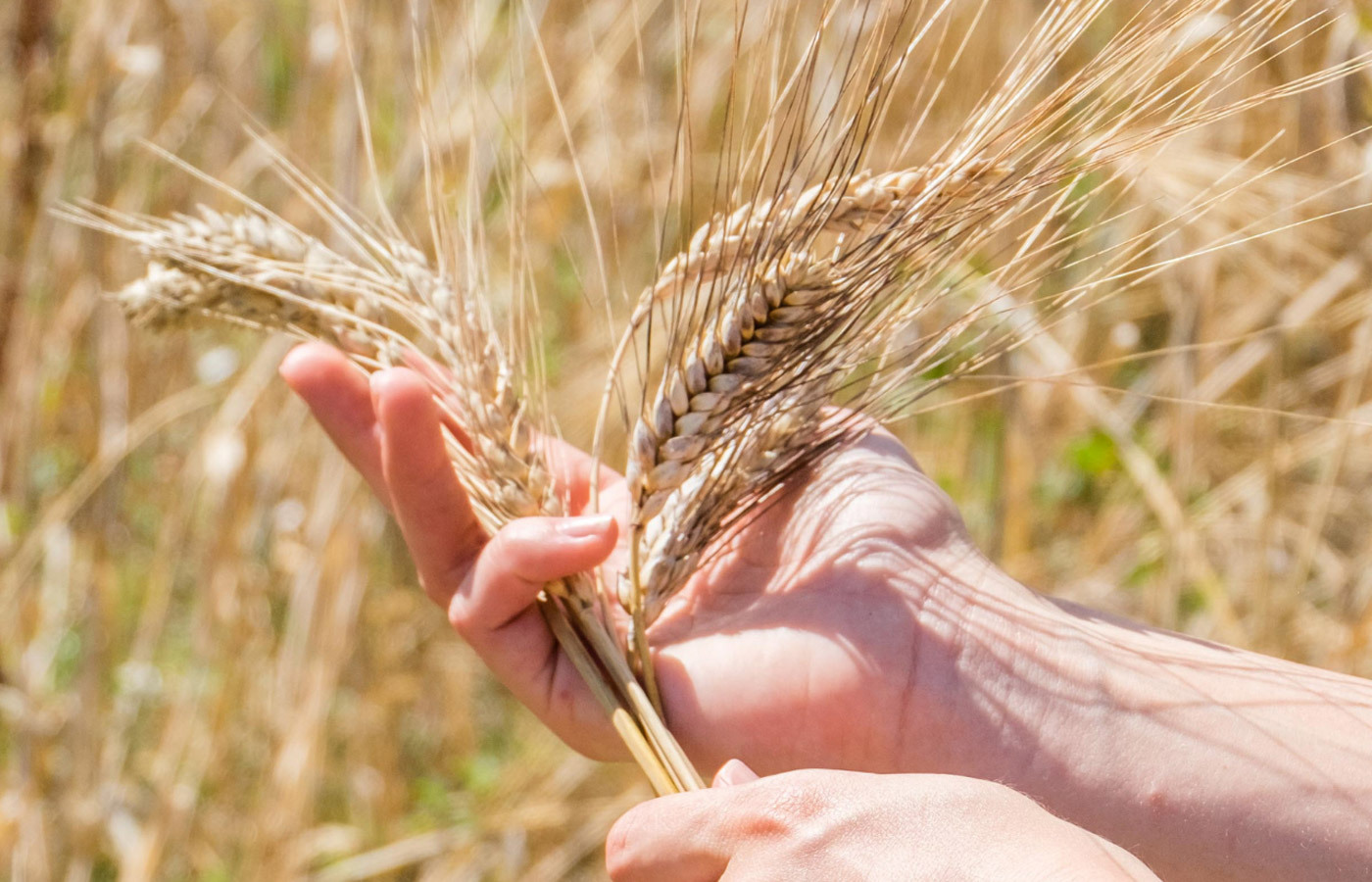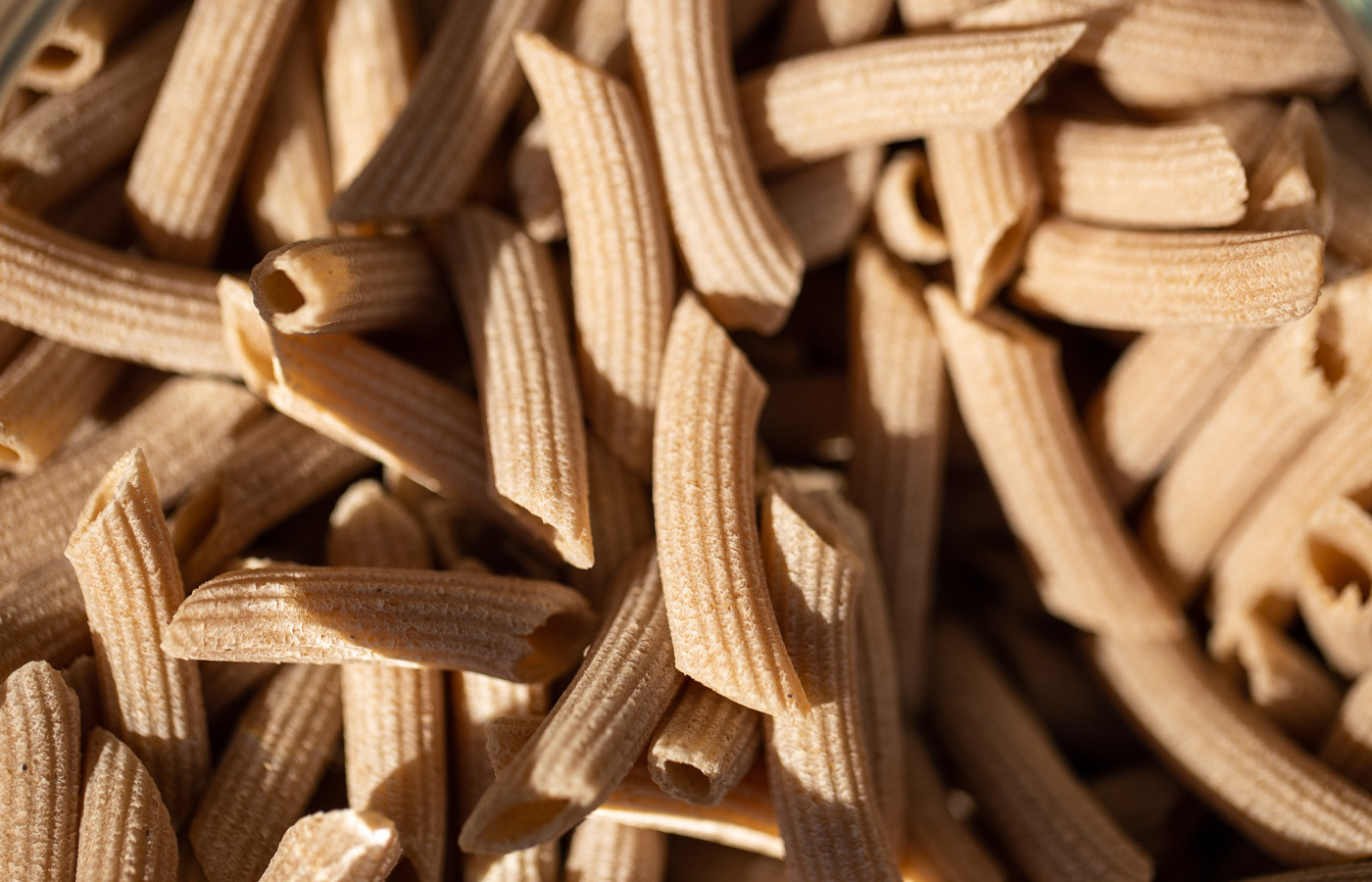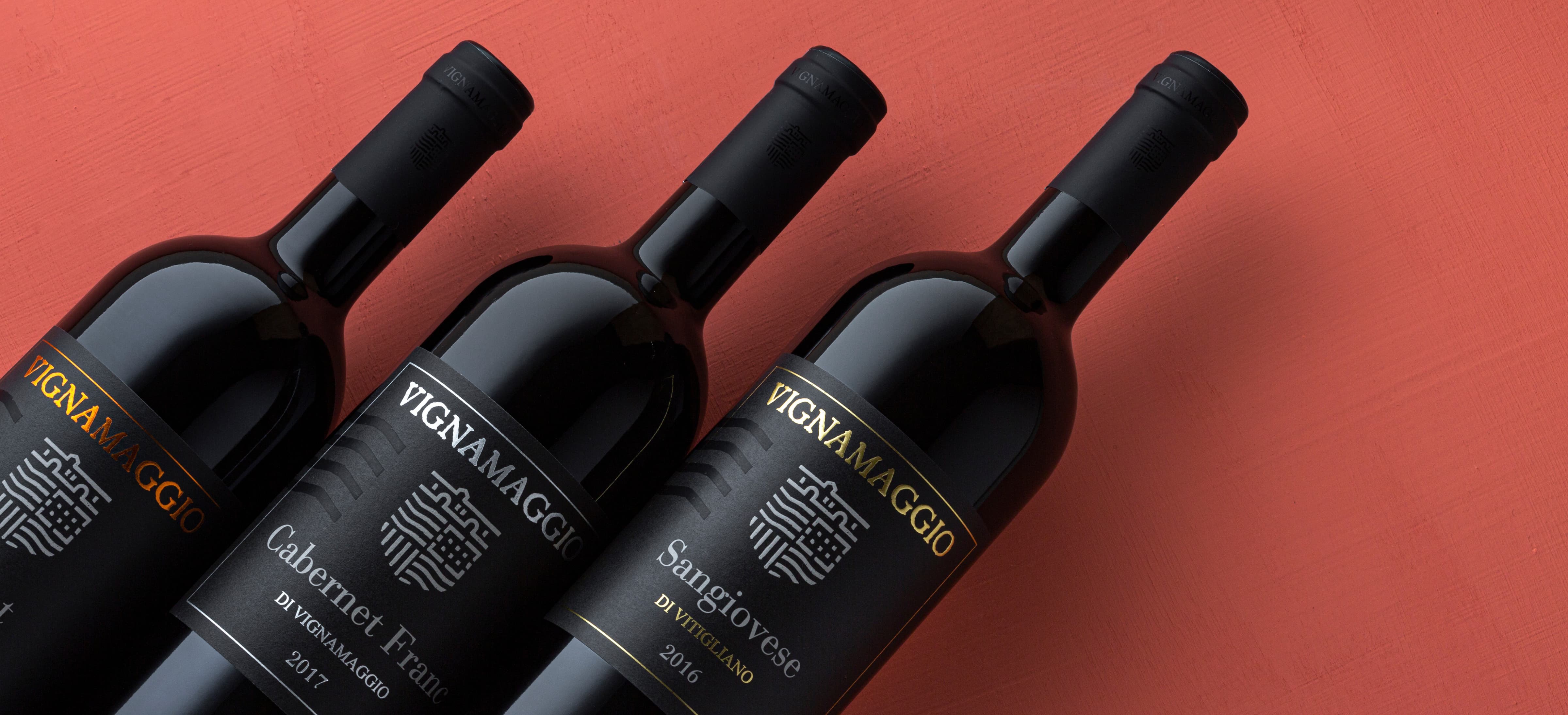Grain
Grain farming at Vignamaggio has ancient origins. Wheat, barley, spelt and oats were grown in the harder, more fertile soil at the bottom of the valley, but over the centuries were either abandoned or replaced by vineyards. Since medieval times, grain was milled in water mills along the Greve Valley, thereby harnessing the energy generated by the river. The flour that was produced went straight to the various bread ovens on the farm.
At the time, bread was a farm workers’ staple diet and great quantities were made. Vignamaggio’s records dating from the 600s tell us exactly how many kilos of flour were produced, sold and used each year.




